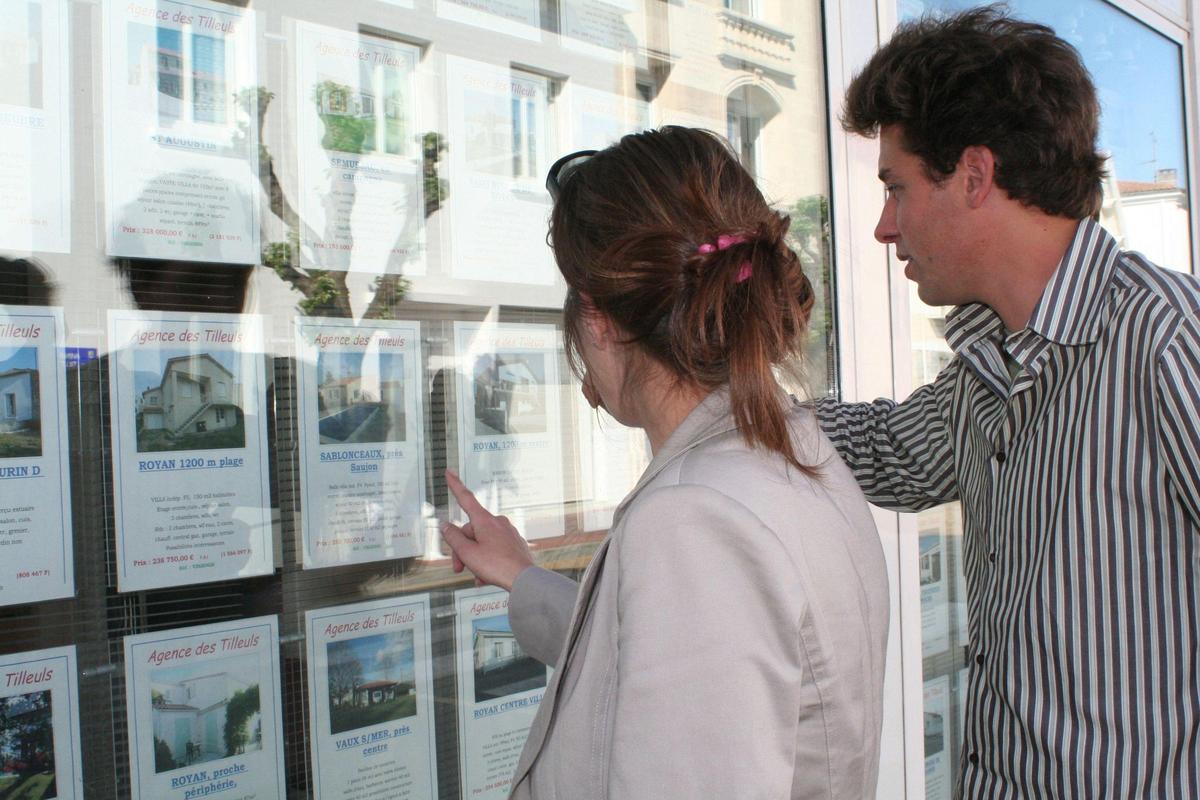IIt is, together with purchasing power and employment, one of the main concerns of the French. Housing also monopolizes the minds of politicians, at all levels. Urbanist, author of works on this link between housing and public policies, François Rochon adopts a global and legislative perspective, in particular, on the topic, which he came to share on Friday 27 September with the elected representatives, in the field, the 63 delegates of the urban community by Royan Atlantique.
The president of Cara, Vincent Barraud, had included this “national and normative” approach on the agenda of the Agglomerate’s back-to-school seminar “to take a small step aside, to gain a little height” on a topic that (concerns) the mayors of the 33 participating municipalities and Cara himself on a daily basis.
“Tax competition”
The Pays Royannais is bound, as everywhere in France, by an ever-changing legislative framework, which at times comes up against contradictory injunctions. The need to produce more and more housing, in particular for annual rent, for social purposes or for private construction, is opposed by the objective set by the State for communities to gradually reduce their energy consumption, until reaching the ambitious objective of “zero net artificialisation” by 2050.
Airbnb-type rentals deprive the area of ”beds” all year round
A coastal territory and therefore attractive par excellence, the Pays Royannais also has to deal with an imbalance, in some municipalities, between annual rentals and tourist rentals. “We have obviously discussed this aspect,” Vincent Barraud, president of Cara, confirmed on Friday 27 September. In the general field of “tourist beds”, which includes hotels, outdoor accommodation facilities, guest houses, holiday centers and Airbnb-type rentals. This type of rental already enters into fiscal competition with other types of tourist beds and deprives our territory of “beds” that could be “read” all year round”, Vincent Barraud is aware.
More profitable
The phenomenon of tourist rental of houses or apartments is worrying (1), especially if seen in the context of a statistic that may be surprising. “The volume of rental housing in private assets is identical to that of 1980”, reveals François Rochon. If his sensitivity makes him regret “the financialization of housing”, in particular through this more profitable means of temporary rather than annual rentals, Vincent Barraud understands that “it constitutes for some owners a supplement to their income or pension” .
However, the president of Cara does not think, for now, of legislating on a scale equal to that of the Royan region to limit the phenomenon. “Like many other communities, we are waiting to know the decision of the Council of State” on the regulation of the rental of furnished tourist accommodation.
«For the moment we have not thought specifically about this issue», confirms Graziella Bordage, mayor of Cozes and vice-president responsible in particular for the social balance of housing. «I think we will have to get there, but the Cara cannot decide in place of the Municipalities, who are decision-makers in this matter. »
Act on the vacant position
Other avenues that bind the rental of furnished tourist accommodation are available in the Royan Atlantique agglomeration. Before attempting to reintegrate the homes into the private rental portfolio or build them, the Cara, in collaboration with the participating municipalities, can try to influence the vacancy rate, “very disparate depending on the municipalities, with an average stock of 4, 4% vacant accommodation to be renovated and remobilised (which rises from 2% to 12% depending on the municipality).” One lever among others, “but the solutions will still come from the national legislative framework”, the urban planner François Rochon is always keen to point out.
(1) On August 15, 2024, Cara identified 1,000 properties available for rent in Pays Royannais on the Airbnb website.
The “campus” becomes clearer
The community delegates will have to express their opinion on Monday 30 September on a resolution in principle relating to the creation of a “work campus” in the city of Médis. Actually, in the immediate vicinity of Royan itself. Cara has decided, in fact, to establish this future campus in the upper part of the Belmont business area.
Originally the idea arose from the installation – theoretically still current – of a large equine veterinary clinic by the Belgian Equitom group in Grézac. The Vendée Etablières group, specialized in professional training in the equine sector, saw the opportunity to create a branch in the Royan region. This future campus could, however, have a more diverse orientation.
